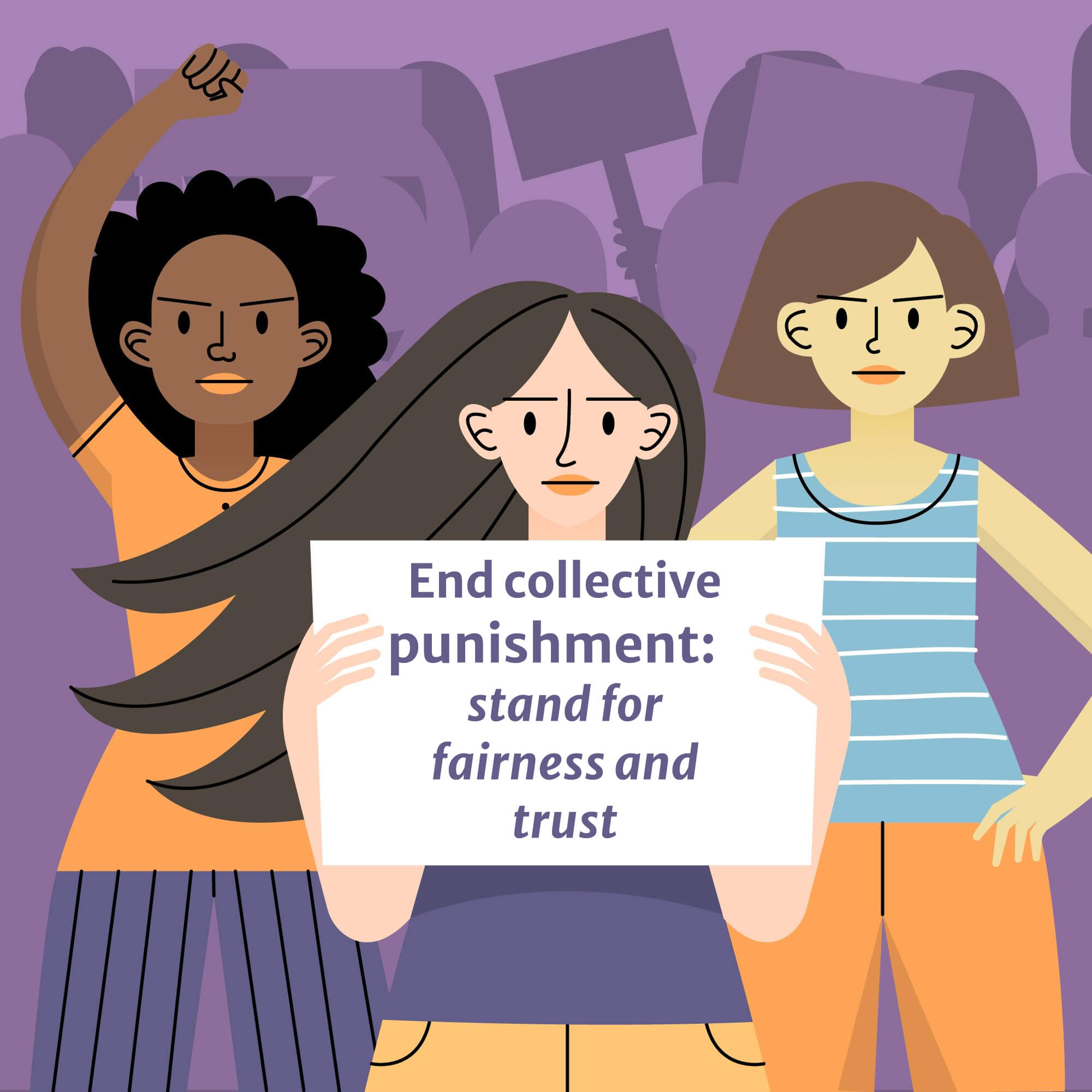The cruelty of temporary support in BC schools.
There is a particular kind of cruelty in getting what your child needs—finally—and knowing it will be taken away.
In the fall of 2017, our family reached a breaking point. Our child Robin was refusing school, destroying the classroom, and coming home dysregulated and despondent. The school warned us that if we couldn’t pick him up during a crisis, they would call 911. They floated the idea of reducing his day to one or two hours—something we knew would be financially devastating, and emotionally shattering for Robin.
Then, something changed. They assigned a support worker—Ms F—to the classroom. And almost immediately, things began to shift.
Robin called school “2 out of 10 hard” when she was there. He started participating. There was laughter again. The coatroom—his refuge when overwhelmed—became less central to his day. The feedback from staff and from Robin himself was undeniable: with consistent, attuned support, he could stay. He could learn.
And then we were told it was temporary.
Three weeks. Maybe an extension to five. And then… gone. Without any consultation with our family.
-
Right to no discrimination
Every child has the right to learn and belong at school without being treated unfairly because of who they are. In British Columbia (B.C.), this Right to No Discrimination means public schools must welcome all students on equal terms, regardless of their race, Indigeneity, colour, ancestry,…
We did everything right. We documented improvements. We asked for continuity. We offered to collaborate on strategies. We asked to meet with Ms F, to hear what was working, to align home and school.
But support wasn’t maintained.
Instead, it was halved—from 1:1 to “.5 of an SSA.” We were never told who decided that was enough. We were never shown evidence that Robin’s needs had lessened. And we weren’t given a plan for how the classroom would cope when things inevitably fell apart again.
We were expected to be grateful.
This is a pattern families know too well. Support is given only once a child reaches full crisis—then pulled away at the first signs of progress, as if the progress was self-sustaining. As if safety and belonging aren’t fragile, especially for autistic kids who have been repeatedly overwhelmed and misread.
And when support is withdrawn, it isn’t just the child who suffers.
The classroom suffers.
The teacher suffers.
The support staff suffer.
The family suffers—watching, helpless, as their child unravels again, knowing it didn’t have to be this way.
That unraveling is preventable. But the system doesn’t reward prevention. It funds triage. It rewards visible crisis, and penalises ongoing need.
-
The bait and switch: What inclusion really looks like at the VSB
Every September, I walk into school meetings with the same cautious hope. We’ve done everything right. The diagnoses are up to date. The IEP is in place. The reports are filed — more than thirty of them over the years, from audiologists, psychiatrists,…
In that way, the withdrawal of support becomes a kind of collective punishment. It teaches staff not to get attached. It teaches children that stability is a trick. It teaches families that hope is dangerous. And it punishes the whole community for one child needing more than the system is willing to give.









